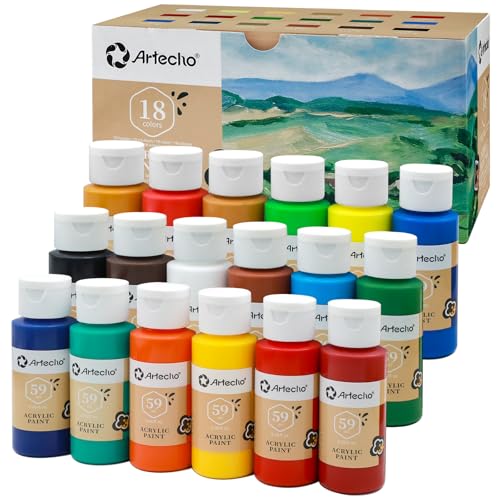Understanding the Challenges of Basement Flooring
When it comes to choosing the best flooring option for a basement, it’s important to understand the unique challenges that basements present. Basements are susceptible to moisture, which can lead to issues such as mold, mildew, and rot. The flooring in a basement also needs to be durable enough to withstand potential flooding and high levels of humidity. Additionally, basements often have uneven or damp concrete floors, which can impact the installation process and the overall performance of the flooring.
Waterproof Vinyl Plank Flooring
One of the top flooring options for basements is waterproof vinyl plank flooring. This type of flooring is not only highly resistant to moisture, but it also mimics the look of hardwood flooring, giving your basement space a warm and inviting feel. Vinyl plank flooring is available in a wide range of styles and colors, making it easy to find a design that suits your personal taste. Furthermore, it’s relatively easy to install, even over uneven or slightly damp concrete floors. With its waterproof properties and durability, vinyl plank flooring is an excellent choice for basements.
Ceramic or Porcelain Tile
Another popular flooring option for basements is ceramic or porcelain tile. These tiles are highly resistant to moisture and are extremely durable. They are available in a variety of styles, colors, and sizes, allowing you to create a custom look that matches your basement’s aesthetic. Additionally, ceramic and porcelain tiles are easy to clean and maintain, making them a practical choice for a basement environment. However, it’s important to ensure that the concrete subfloor is properly prepared and levelled before laying the tiles, as any unevenness may result in cracked or loose tiles over time.
Engineered Hardwood Flooring
If you prefer the classic look of hardwood flooring, engineered hardwood is a viable option for basements. Engineered hardwood is constructed with multiple layers of plywood or high-density fiberboard (HDF), topped with a thin layer of real hardwood. This composition makes engineered hardwood more resistant to moisture and less prone to warping or expanding than solid hardwood. It’s important to note, however, that while engineered hardwood is more resistant to moisture than solid hardwood, it is still not entirely waterproof. Therefore, it’s crucial to promptly address any spills or moisture issues to prevent damage to the flooring.
Carpet Tiles
For those looking for a softer and more comfortable flooring option, carpet tiles can be a great choice for basements. Carpet tiles are modular and can be easily installed, removed, and replaced, making them ideal for basements where potential moisture issues may require individual tile replacement. Additionally, carpet tiles provide insulation, sound absorption, and a cozy feel underfoot. It’s recommended to choose carpet tiles that have a moisture-proof backing to prevent the growth of mold and mildew. Regular cleaning and maintenance are essential to keep the carpet tiles in good condition and prevent the buildup of allergens or odors.






